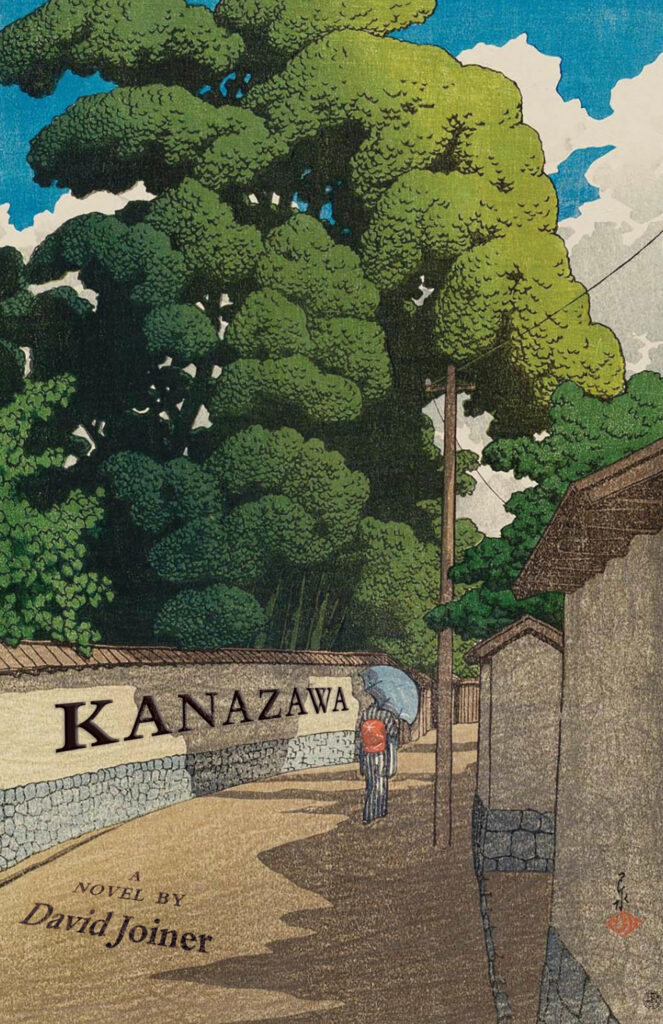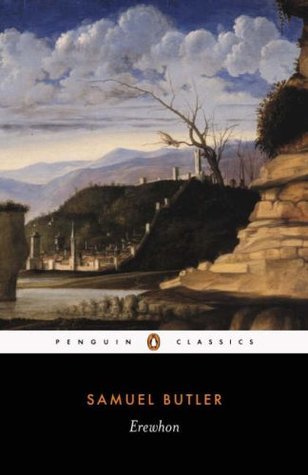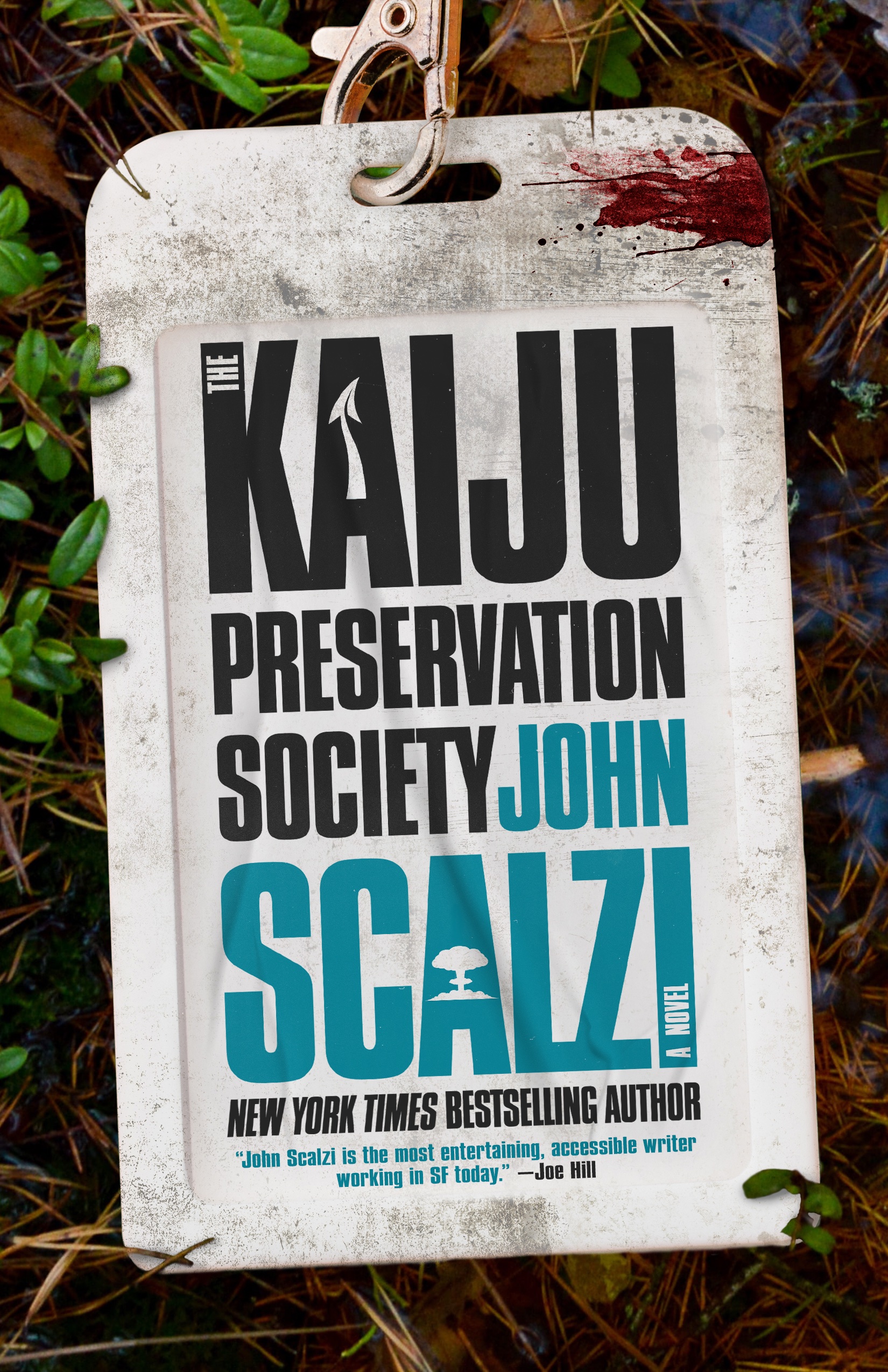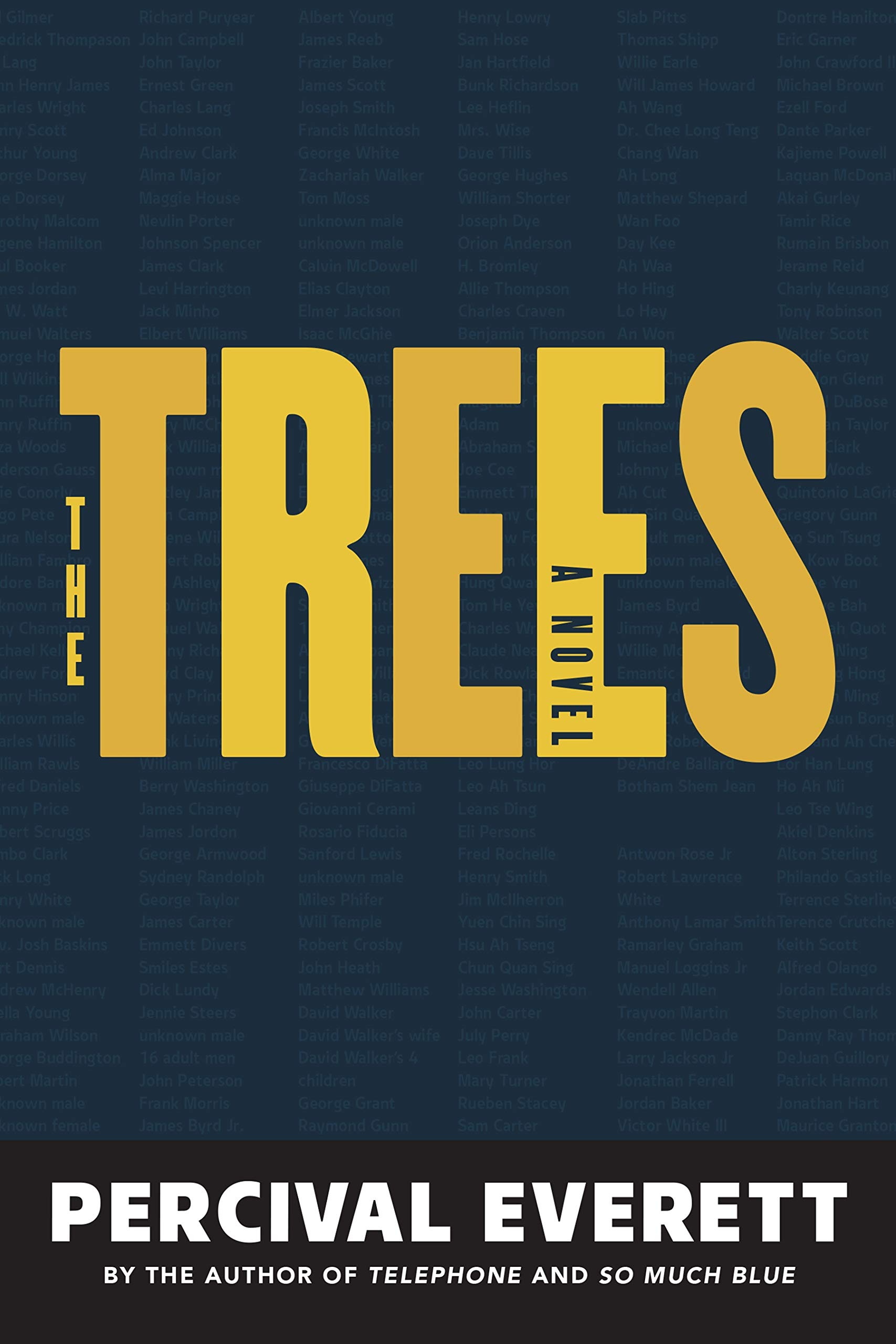Kanazawa

“Kanazawa” David Joiner, 2022
日本在住のアメリカ人作家デビッド・ジョイナーが金沢を舞台に英語で書いた小説。泉鏡花にインスピレーションを受けて書いたという。日本人の作家が書く作品以上に日本文学らしさを感じた。現代の話なのに昭和の雰囲気が漂う。英語で読んでいることを忘れた。
36歳の大学英語講師エミットは日本人の妻みらいと、義理の両親の金沢の実家で同居している。彼は英語講師の仕事に嫌気がさして辞めようとしている。金沢で築120年の町家の購入を検討中だ。1年間それを自ら改修しながら、次にやることをゆっくり考えようと思ったのだ。一方、生け花アーティストのみらいは、夫が嫌う東京で仕事をすることを夢見ている。夫が仕事を辞めることに漠然とした不安を感じている。町家の契約の場所に現れなかった。契約は御破算となり、エミットは町家をやむなく諦める。
エミットは日本の古い文化の愛好者だ。小説、絵画、生け花、能、俳句、相撲、神道、仏教、あらゆることに詳しい。だからみらいの両親の良い話し相手になっている。みらいの母親は地元の文学クラブのメンバーで、泉鏡花の未邦訳の翻訳をエミットに依頼する。仕事がなくなったエミットはその仕事を引き受ける。
物語はエミットと妻の葛藤、義理の両親の隠している秘密を軸に、家族のドラマをゆっくりと穏やかに描く。まるで小津安二郎の映画みたいだ。日本の家族の親密な関係、微妙な心情の変化を英語で完璧に表現していることに感心した。会話の部分は日本語が思い浮かんでくる。
泉鏡花、川端康成、三島由紀夫ら昭和の文豪たちの強い影響がうかがえる。金沢の街並み、自然風景の美しい描写が魅力である。日本的でありながら外国人だからこその注目点がある。日本人作家との視点の違いを楽しめる。そして日本の古典文化や芸能がふんだんに盛り込まれているがジョイナーの日本文化理解は完璧で描写に違和感はほとんどない。現代の日本人作家はここまで日本を知らないはずだ。
日本の古典文化について過度に説明的な部分があるのは玉に瑕だ。これは海外の読者に向けて書かれているので仕方がないのだろうが欄外でもよかったかもしれない。ラーメン屋で餃子を食べるシーンがあり醤油とラー油を混ぜる細かい動作の描写があった。日本人作家はこの動作を書くこと自体を思いつかないだろう。
日本人以上に日本文化に傾倒した西洋人による英語の小説を日本人が読む。この珍しい体験が実に魅力的だった。先に述べたような小さな違和感を感じる部分でさえ、英語で読むとむしろエキゾチックな魅力に感じられる。だから『金沢』私にとって5つ星の小説だ。そして猛烈に金沢に行きたくなった。
日本の魅力を再発見できる貴重な英語文学作品。
This is a novel written in English by David Joiner, an American writer living in Japan, and it is set in Kanazawa. It is said that he was inspired by Kyoka Izumi. I felt it was more like Japanese literature than anything written by any Japanese author. Even though it is a modern story, it has such a dense atmosphere of the Showa era that I almost forgot that I was reading a novel in English. This is a valuable work of English literature that will help the reader discover the charm of Japan. I also feel that Japanese people should read this book.
Emmitt, a 36-year-old university lecturer in English, lives with his Japanese wife, Mirai, at his parents-in-law’s house in Kanazawa. He is fed up with his job and is about to quit. He is considering buying a 120-year-old townhouse in Kanazawa and has decided to spend a year renovating it himself while taking his time, thinking about what to do next. Meanwhile, Mirai, a flower arrangement artist, dreams of working in Tokyo, which her husband hates. She feels vaguely uneasy about her husband quitting his job. She does not show up for the signing of the townhouse contract and so the deal falls through, and Emmit is forced to give up his dream house.
Emmitt is a lover of old Japanese culture such as classic novels, paintings, ikebana, Noh, haiku, sumo, and anything traditional and Japanese. So he is an ideal companion for Mirai’s parents. Mirai’s mother is a member of the local literary club and asks Emmitt to translate an untranslated novel by Kyoka Izumi. Out of work, Emmitt takes on the job.
The story is a slow and gentle portrayal of family drama, centered on the conflicts between Emmitt and his wife, and the secrets his in-laws are hiding from him. It is like one of Yasujiro Ozu’s films. I was impressed by the way he was able to perfectly express the intimate relationships and subtle emotional changes within a Japanese family in English. The conversational sections reminded me of Japanese.
The strong influence of the great writers of the Showa era, such as Kyoka Izumi, Yasunari Kawabata, and Yukio Mishima can be seen. The beautiful descriptions of Kanazawa’s cityscape and natural scenery are very appealing. There are points of interest that are unique to a foreigner so you can enjoy the difference in perspective. In addition, there is an abundance of classical Japanese culture and entertainment, and Joiner’s understanding of Japanese culture is perfect. I highly doubt that the majority of modern Japanese writers know this much about Japan.
There is a minor flaw, in that some parts are overly descriptive of classical Japanese culture. This is probably unavoidable since the book is aimed at foreign readers, but these details could have been consigned to footnotes. There was a scene where they were eating gyoza at a ramen shop, and Joiner gave a detailed description of the act of mixing soy sauce and spicy sesame oil. No Japanese writer would ever have thought of including this.
Reading an English novel written by a Westerner, who is more devoted to Japanese culture than the Japanese, is an unusual experience and is truly fascinating. Even the small parts of the story that I felt did not quite fit in, such as the one mentioned above, seemed rather exotic and fascinating when read in English. So “Kanazawa” is a five-star novel for me. And it really made me want to go to Kanazawa.


